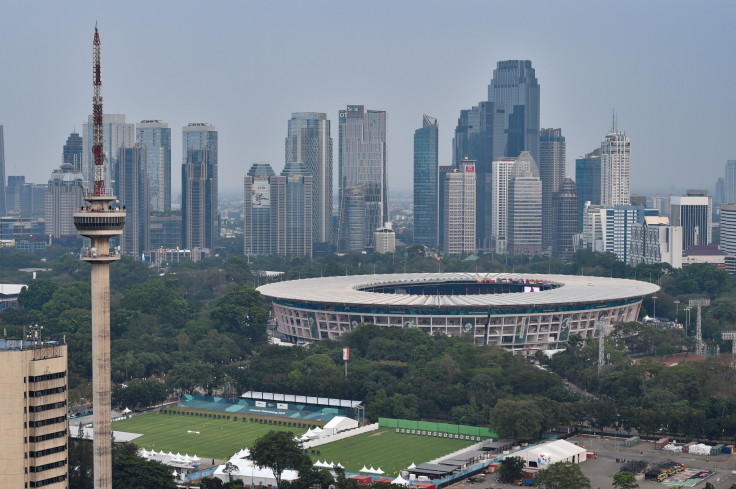Indonesia To Move Capital From Jakarta To Outside Java Island

Indonesia is planning to shift its capital away from Jakarta citing congestion and rapid sinking of the city as the main reasons.
The cracking infrastructure of the island is another reason to relocate the capital beyond the island of Java.
Although this proposal has been in the air for many decades, country’s president Joko Widodo is making a determined move. He is expected to resume his second term later in May after the recent election.
Options ahead
Widodo said on Tuesday that the country would spend $33 billion on the capital move.
According to reports, a cabinet meeting presented the president with three options. One was a special zone for government offices inside the current capital; the second was moving them outside Jakarta.
The third was to build a new capital on a different island. The last one found favor with the president. Palangkaraya, part of central Kalimantan lying on Borneo is believed to be the front runner location.
Other locations include Tanah Bumbu and Penajam, on the island of Borneo, according to a government official.
The problem of congestion and ecological damage
Bambang Brodjonegoro, Indonesia’s minister for national development pointed to the crisis faced by Jakarta. He said the capital has been losing 100 trillion rupiah ($7.04 billion) a year due to traffic congestion.
Jakarta houses 10 million residents and there are three times more people living in its surrounding towns, worsening the congestion problem.
The low-lying capital is also flood prone and over-extraction of groundwater is sinking it fast. Jakarta is located on swampy land that is just 8 meters above sea level.
According to the World Economic Forum, many parts of the city are sinking fast and 95 percent of North Jakarta will be underwater by 2050, affecting 1.8 million people.
President’s rationale of moving the capital
The Financial Times also reported the president’s vision on the matter and some pressing reasons behind the new thinking.
“In Java, the population is 57 percent of the total for Indonesia, or more than 140 million people, to the point, that the ability to support this, whether in terms of the environment, water or traffic in the future, will no longer be possible so I decided to move outside Java,” the president told a local media.
Decentralized development essential
According to analysts, moving the capital would also boost the growth of the archipelago comprising 17,000 islands.
Indonesia’s finance minister Sri Mulyani Indrawati told CNBC that capital shifting is a good move. Indrawati said it is unviable to concentrate all economic action in Jakarta as concerns around ecology and quality of life are mounting.
Planning minister Brodjonegoro noted that the capital relocation work will take at least 10 years. He pointed to some examples of relocated capitals that inspire a similar move in Indonesia.
“Brazil moved from Rio de Janeiro to Brasilia near the Amazon, and look at Canberra built between Sydney and Melbourne, and Kazakhstan moved their capital to the center of the country and also Myanmar moved to Naypyidaw,” the minister noted.
Chatib Basri, a former finance minister and an academic also said the idea makes sense.
Noting that many countries have already split government and business capitals, Basri said the best examples are Australia, the U.S., and Kazakhstan.
© Copyright IBTimes 2024. All rights reserved.





















